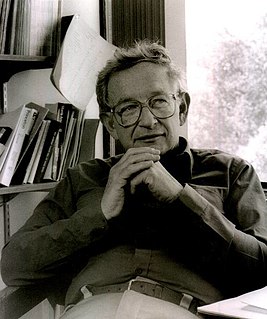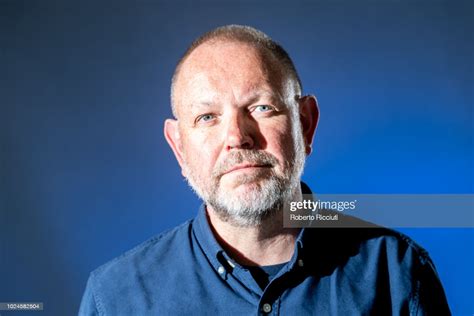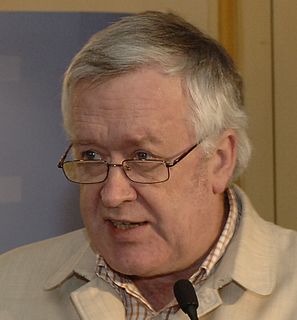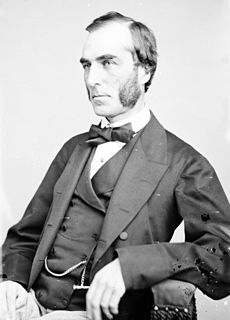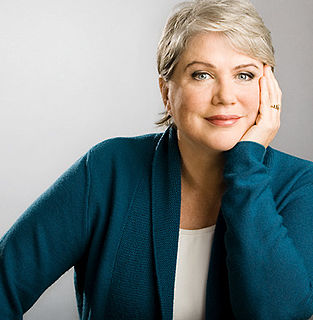A Quote by Philip Warren Anderson
Of course I am not religious — I don't in fact see how any scientist who thinks at all deeply can be so.
Related Quotes
[On Richard P. Feynman's live demonstration of the rigidity of the O-rings when cold that doomed the space shuttle Challenger, killing seven astronauts:] The public saw with their own eyes how science is done, how a great scientist thinks with his hands, how nature gives a clear answer when a scientist asks her a clear question.
I believe that we are a story-driven species and that we understand how things are put together, in the context of narrative. It's a shame that science hasn't been taught that way, in a long time. It's usually the fact completely devoid of any human experience or any idea of how the scientist came to that conclusion.
I happen to be a scientist. My background is in nuclear physics. I was a nuclear engineer. But I don't see any incompatibility at all with my religious faith and God the creator of everything and the incompatibility between when the earth was created as specified in the Bible. I don't see any incompatibility there because those that were interpreting God's overall message didn't know anything about modern-day science.
But ... the working scientist ... is not consciously following any prescribed course of action, but feels complete freedom to utilize any method or device whatever which in the particular situation before him seems likely to yield the correct answer. ... No one standing on the outside can predict what the individual scientist will do or what method he will follow.
The reasons are likely rooted in religion. Playing around with God's creation is simply not allowed. Incidentally, in the past it was precisely the deeply religious people who said: Of course we're playing with God's creation, in fact we're perfecting it. This sort of thinking is frowned upon today.
I care so deeply about this matter that I'm willing to take on the legal penalties, to sit in this prison cell, to sacrifice my freedom, in order to show you how deeply I care. Because when you see the depth of my concern, and how civil I am in going about this, you're bound to change your mind about me, to abandon your rigid, unjust position, and to let me help you see the truth of my cause.
It took me years, but letting go of religion has been the most profound wake up of my life. I feel I now look at the world not as a child, but as an adult. I see what's bad and it's really bad. But I also see what is beautiful, what is wonderful. And I feel so deeply appreciative that I am alive. How dare the religious use the term 'born again.' That truly describes freethinkers who've thrown off the shackles of religion so much better!
Any chemist reading this book can see, in some detail, how I have spent most of my mature life. They can become familiar with the quality of my mind and imagination. They can make judgements about my research abilities. They can tell how well I have documented my claims of experimental results. Any scientist can redo my experiments to see if they still work-and this has happened! I know of no other field in which contributions to world culture are so clearly on exhibit, so cumulative, and so subject to verification.
